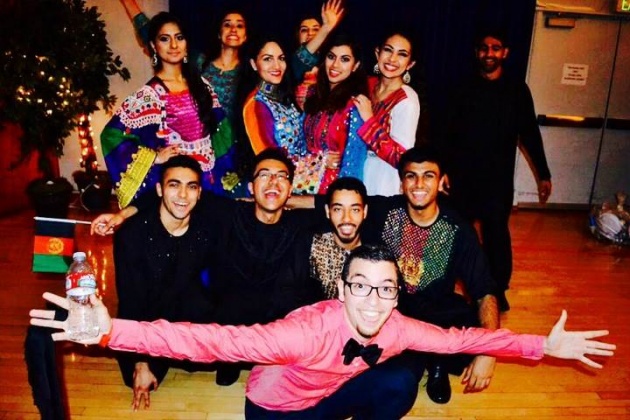Introduction: Mohammad Sajid Arghandaiwal is a documentary filmmaker from Kabul. He is becoming a prominent voice and social activist for peace. He is writing two books. He began with little more than an idea and a mobile phone. He is the future of Afghanistan. He is 19 years old.
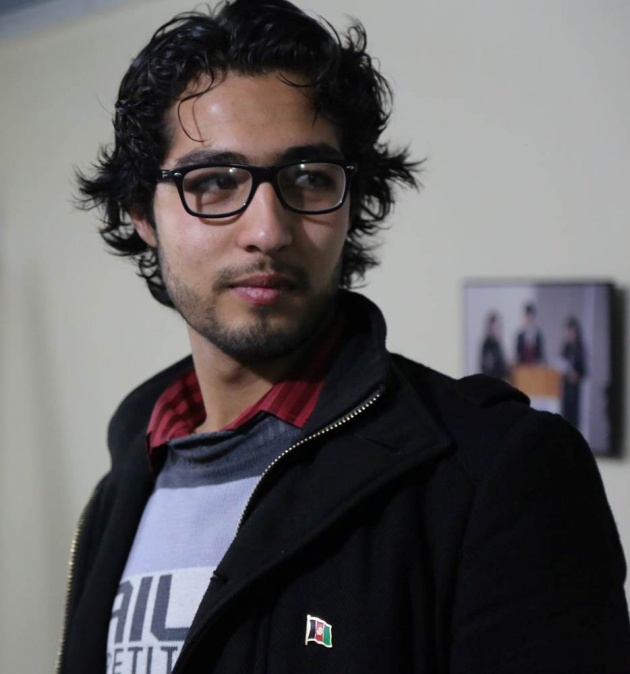
Mohammad Sajid Arghandaiwal speaks here in Part One of a two-part interview with Edward Zellem, author of “Zarbul Masalha: 151 Afghan Dari Proverbs.”
-----
Film Annex: It’s a pleasure to speak with you, Sajid. You have done some impressive things at a very young age. Please tell us a little about yourself. What motivates you?
Mohammad Sajid Arghandaiwal: Thank you for the opportunity to talk with you, Dagarwaal دگروال (Colonel/Navy Captain). I really appreciate your fascinating work with Afghan Proverbs in the Dari language. Your books help promote the culture and languages of Afghanistan around the world in new ways. I am a native Pashto speaker and am really looking forward to the publication of your new book of Afghan Proverbs in our other major language, Pashto.
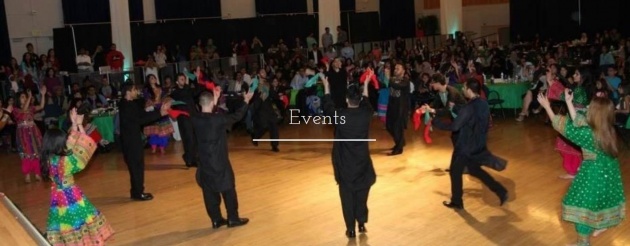
My family and I were Afghan refugees in Pakistan in the 1990s, during Afghanistan’s civil war and the Taliban era. When we came back to Afghanistan I was only in 8th grade, but I already had seen a lot. At first, all I wanted to do was leave Afghanistan and go to the United States, England or any other European country. I wanted to study and live overseas forever with my family and enjoy a comfortable life far away from Afghanistan. I was just a kid, believing Afghanistan was just a piece of land like any other. It was one of the falsest ideas I have held in my life.
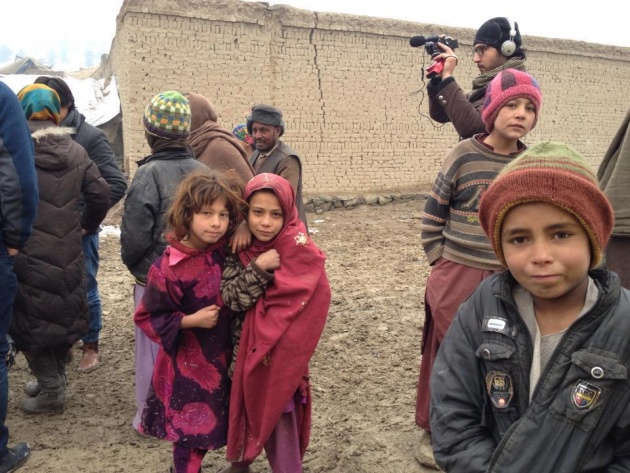
Sajid Arghandaiwal filming in Kabul
I walked everywhere, to school and work. Everywhere I saw street children working hard by the side of the roads, and women begging for a piece of bread. I would hear news about suicide attacks and fighting in different places of Afghanistan. It made me very sad as I wondered why these things were happening in Afghanistan. I would sit alone, far from everyone, for an hour or more each day thinking “How can I help Afghanistan, and what can I do as an Afghan?”
So I began doing things. It was unimportant to me how small or big they were, as long as I could help others and through them help my country. With the passage of time my love for Afghanistan increased and increased. My wish of living forever in other countries vanished completely. I decided I would become a volunteer for different charity organizations, and not for any financial gain. At first I didn’t know where to start. I didn’t have a laptop or access to the Internet. I didn’t even have a mobile phone.
FA: Fascinating. So how did you get started on this path?
MSA: When I graduated from 10th grade, I received a trophy for being at the top of my class. Then an aunt who lives in Canada visited us. She gave me a good Motorola EX300 mobile phone as a present for my high grades. With that phone, I was able to use the Internet for the first time. A simple mobile phone became the window that connected me to the world. It allowed me to tell the rest of the world what I wanted for Afghanistan.
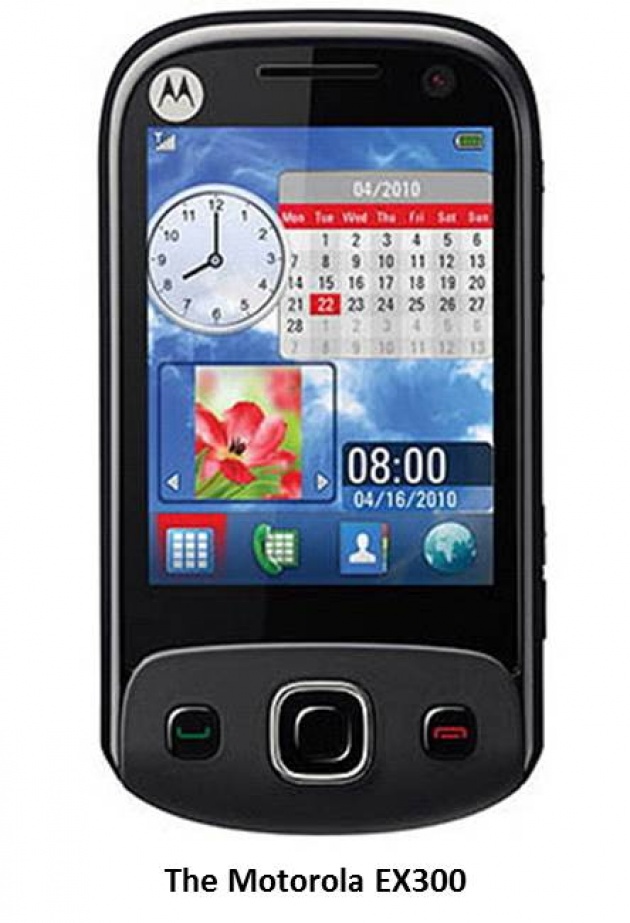 I started using social media with my phone to search for different organizations, adding people from different countries around the world. I began making friends. My search brought me into contact with others who also were struggling to do something for Afghanistan. Sometimes I stayed up until 2 or 3 AM sending messages on the Internet with my phone, searching for aid organizations and asking to join their programs as a volunteer. But I was not getting any replies.
I started using social media with my phone to search for different organizations, adding people from different countries around the world. I began making friends. My search brought me into contact with others who also were struggling to do something for Afghanistan. Sometimes I stayed up until 2 or 3 AM sending messages on the Internet with my phone, searching for aid organizations and asking to join their programs as a volunteer. But I was not getting any replies.
We have a famous Afghan Proverb in Dari: Joyenda yaabeenda ast. جوینده یابنده است (The seeker is the finder). It means that those who search hard for something will eventually find it. It means that that nothing is impossible; it just takes hard work to achieve your goals. I had this proverb in my mind all the time.
FA: Did you find what you were seeking?
MSA: The Proverb did not lie. Eventually I found an organization on Facebook that seemed very interesting. It was called Pax Populi. I sent a message to its founder, Dr. Robert McNulty, who also is a professor at Bentley University in Boston, and he arranged an online class for me. A photo of me was published in a local Massachusetts newspaper on World Peace Day, and this was my first media exposure. I also did a short video interview on YouTube for International Women's Day. 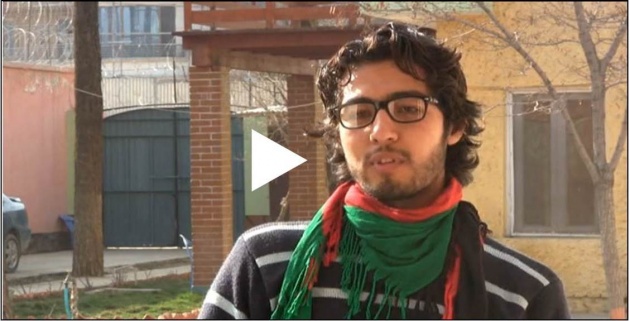
Video: Sajid - My International Women's Day Dream
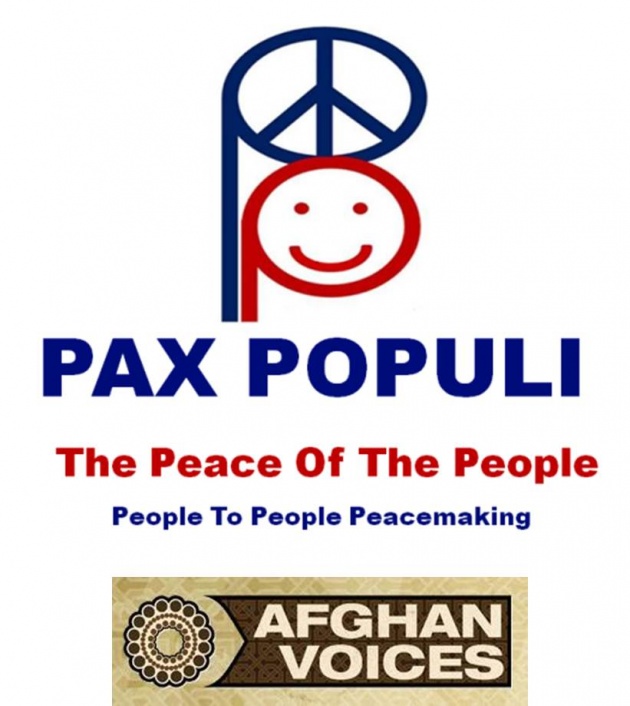 Then I started writing essays for Pax Populi about what I want for my future, and for my country's future. I wrote these essays by hand, and then typed them into my mobile phone as daily installments. Finally, Pax Populi published my essay and many people liked it. Another organization sent that essay to more than 25,000 people worldwide. I still work with Pax Populi today and they consider me as one of their Afghan partners.
Then I started writing essays for Pax Populi about what I want for my future, and for my country's future. I wrote these essays by hand, and then typed them into my mobile phone as daily installments. Finally, Pax Populi published my essay and many people liked it. Another organization sent that essay to more than 25,000 people worldwide. I still work with Pax Populi today and they consider me as one of their Afghan partners.
I again used my mobile phone and Facebook to find and contact an organization called Afghan Voices. They selected me for their program and taught me how to make documentary films. Now I volunteer with them too, and they gave me a laptop, video camera and tripod to use. I also do volunteer work with Solace for the Children. And I recently was selected by VSO (Voluntary Service Overseas) for a three month program in Tajikistan. We are helping and promoting ten different businesses that are owned and operated by Tajik women. Women’s empowerment in Afghanistan, Central and South Asia is extremely important for the future.
I am glad to see influential Afghan women like TIME Magazine's "Top 100 Most Influential People" selectee Roya Mahboob, her Afghan Development Project, and organizations like Film Annex that also are helping Afghanistan in this way. I hope to be able to help Roya and Francesco Rulli's Film Annex in their projects too, especially with film and filmmaking education.
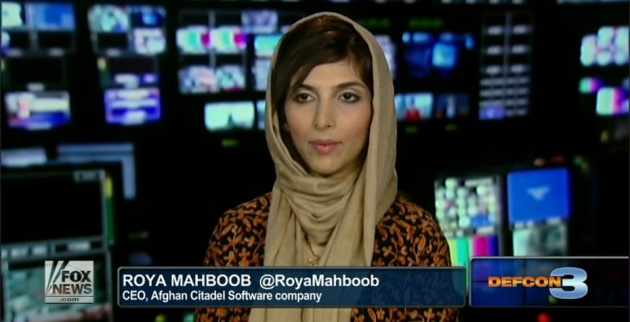
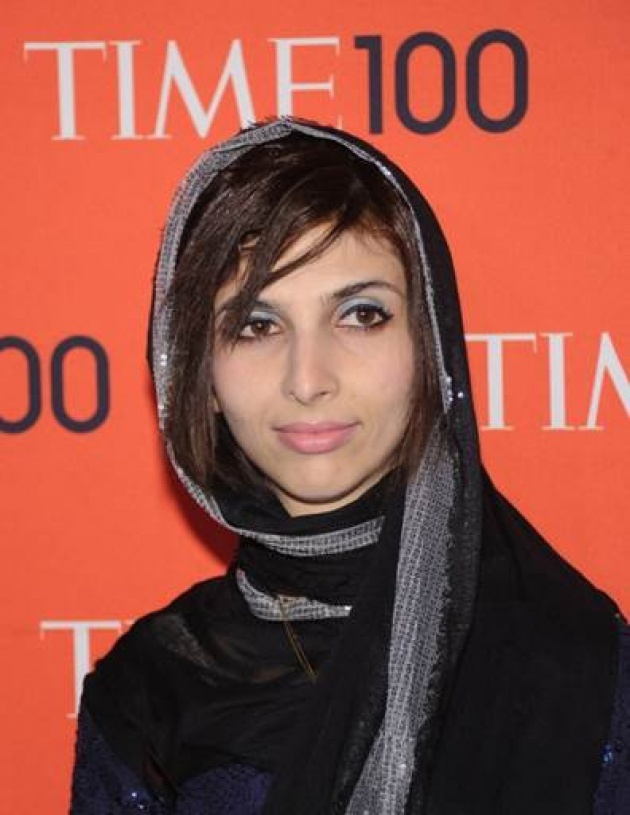
Video: Roya Mahboob and The Afghan Development Project
FA: You have made three yet-unreleased documentary videos sponsored by Afghan Voices, and we look forward to seeing them soon. Please tell us about how you began in filmmaking. What are some of the challenges for a young Afghan who wants to make films?
MSA: Like Film Annex and the Afghan Development Project, Afghan Voices helps Afghanistan’s new generation learn about filmmaking. I began training with Afghan Voices late last year and was given a six month contract. Every month we are tasked with making one documentary film. The documentaries are reviewed by Afghan Voices at the end of each month and we receive feedback for further improvements. I had to take a few months off from Afghan Voices when I was selected for the VSO project in Tajikistan, but the Afghan Voices team generously allowed me to do that. I will learn even more skills with VSO in Tajikistan, and when I return to Afghanistan I will start working with Afghan Voices again.
It can be hard for an Afghan filmmaker to film publicly, because many Afghans are not used to it. Sometimes they do not want to be in a photo or shown on film. One thing I have noticed is that if a foreigner wants to take a photo or film, Afghans are more willing to be on camera. But if an Afghan wants to take a photo or film of them, they are not as agreeable and can even behave very rudely.
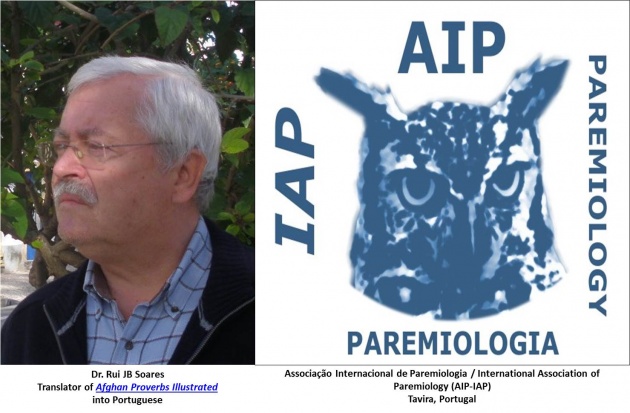
There have been cases where Afghan police will not let you film or photograph. I remember an occasion when I went to take some photos of the Abdul Rahman Mosque in Kabul. When I arrived, some police officers shouted at me and told me not to take photos. Even though I showed them my ID card, they would not let me take pictures. I told them “It is my right and my job, if I don’t do this, then who will do this?” But I also understand that there are sensitivities in wartime, and we are still at war in Afghanistan. There can be fears of Taliban or terrorist surveillance. It’s complicated.
FA: We have a mutual friend in the legendary Nancy Hatch Dupree. Please tell us about your experiences making a documentary about her.
MSA: I really respect Nancy Dupree, she is like a mother for many Afghans. I read about her a long time ago, and I really wanted to meet her in person and write an article about her work in Afghanistan. But I could not find a way to do this. After being selected for Afghan Voices, I decided to make a film about her. I went to the Lincoln Learning Center at Kabul University where I had previously been a volunteer, and was able to get an introduction to her. I told her about my work and that I wanted to make a short film about her. Although she was really busy, she accepted my request. I am really happy that I got a chance to meet her and to make a film about her. She really helped me with my documentary, and I learned a lot from her.
Sajid Arghandaiwal is producing a short film about Nancy Dupree
Nancy Dupree is a really inspiring lady. After filming the documentary I kept in touch with her and visited her a few more times. Her words about Afghans and Afghanistan have given me more courage and energy to work even harder for my country. She knows the value of Afghanistan, and she always is advising Afghans to learn about their history and "find out who they are.” She says that when Afghans learn who they are, it will help them better understand that they are a part of a really rich culture and will respect each other more.
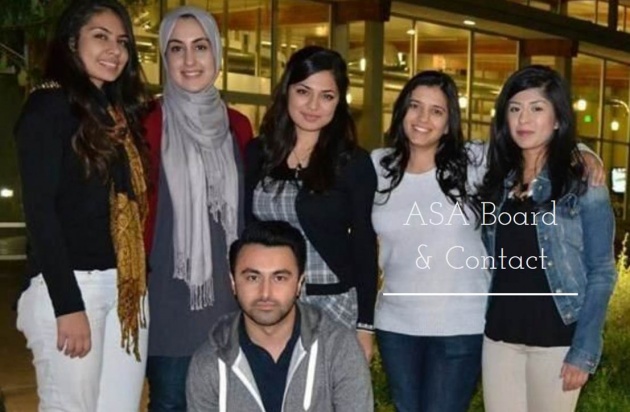
We are all Afghans regardless of politics, tribes, or ethnic backgrounds - and there are many of these in Afghanistan. Nancy Dupree’s message for Afghans is to be tolerant of each other because it is the way to peace. There is another famous Afghan Proverb about tolerance that we Afghans say all the time: Isa ba deen-e khod, Mousa ba deen-e khod. عیسی به دین خود، موسی به دین خود
The Proverb means “Jesus to his religion, and Moses to his.” But it is not just about religion. It means we always should respect one another’s race, religion, ethnicity, age, gender, opinions and beliefs. That is what a free and peaceful Afghanistan should be like. That is Nancy Dupree’s message, and that is my message too.
-----
Read Part 2 of the exclusive interview with Mohammad Sajid Arghandaiwal here.
-----
More Edward Zellem interviews with Afghan celebrities and thought leaders are coming soon on Women's Annex. To be notified of new posts by Edward Zellem, visit here and click on the green "Subscribe" button.

